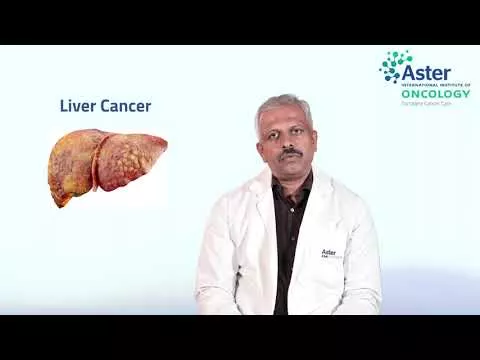Understanding a Neglected Cancer
Appendix cancer, while rare, is a serious condition that often goes unnoticed until it reaches an advanced stage. This is largely due to the non-specific symptoms and the fact that the appendix itself is often removed during surgery for appendicitis.
What is Appendix Cancer?
Appendix cancer is a malignant tumor that develops in the appendix, a small, finger-shaped organ located at the junction of the large and small intestines. Its exact function remains unknown, but it is believed to have some role in the immune system.
Symptoms of Appendix Cancer
Unfortunately, the early signs of appendix cancer are often vague and can mimic other conditions. This makes early detection challenging. Symptoms may include:
- Abdominal pain
- Loss of appetite
- Nausea and vomiting
- Weight loss
- Changes in bowel habits
- No symptoms, and incidental diagnosis during regular scans may occur
It's important to note that these symptoms can also be indicative of other, more common conditions. If you experience persistent or unusual abdominal symptoms, it's crucial to consult a healthcare provider.
Risk Factors
While the exact causes of appendix cancer are unknown, certain factors may increase your risk:
- Age: Most cases occur in adults over 40.
- Family history: A family history of appendix cancer or other gastrointestinal cancers may increase your risk.
- Chronic appendicitis: Repeated bouts of appendicitis may be linked to an increased risk.
Diagnosis and Treatment
Appendix cancer is often diagnosed during surgery for appendicitis or when imaging tests are performed for other reasons. Once diagnosed, treatment options depend on the stage of the cancer and may include:
- Surgery: The primary treatment for appendix cancer is surgical removal of the appendix and surrounding tissue, including nodes and colon.
- Chemotherapy: May be used in combination with surgery or after surgery to kill any remaining cancer cells.
- Radiation therapy: May be used to shrink tumors before surgery or to kill any remaining cancer cells.
Conclusion
Appendix cancer, though rare, is a serious condition that demands our attention. Early detection is key to successful treatment, but unfortunately, this cancer often goes unnoticed due to its vague symptoms. It's crucial to be aware of the potential signs and to consult a healthcare provider if you experience persistent abdominal discomfort.
By increasing awareness and supporting research, we can work towards improving early detection methods and developing more effective treatments for appendix cancer. Together, we can make a difference in the lives of those affected by this disease.
Remember, knowledge is power. Sharing information about appendix cancer can save lives.













